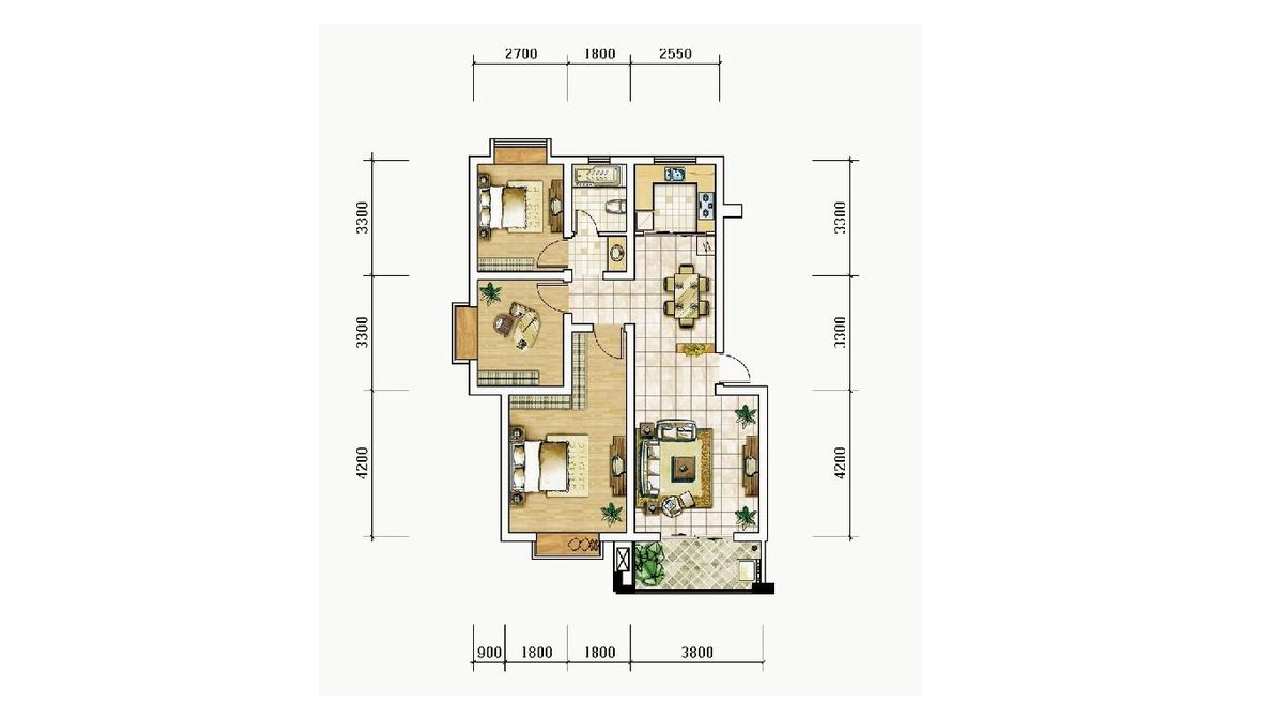How to become an Interior Designer: Roles, responsibilities, courses and careers


Do you often find yourself suggesting home decor solutions to people - how they could re-arrange the items in their living room to make it more aesthetic, what colour walls would look just right with the rest of their decor, or what aesthetic would work best for their personalities? The interior designer of today is more than just a professional decorator. Which leads us to the question - Who is an interior designer? What does an interior designer do? How can you become an interior designer? And we will be answering all those and more questions here.
Who is an interior designer?
An interior designer is a person who understands a client's requirements and designs a space accordingly. They work with interior architecture and create plans after researching the possibilities. They also work with a team to execute the ideas in a way that best suits the clients’ vision and budget. They design all the aspects and consider the nitty gritty of living and working environments. These could include houses and apartments, office buildings, hospitals, theatres, and even virtual spaces. But exactly how do they design these spaces? To answer that, let’s look at…
What does an interior designer do?
Every sector has its unique set of needs and requirements. When it comes to interior design, this includes abstract areas like gauging your clients and understanding what they like, as well as practical aspects like what to do to execute the vision. Here is a list of roles and responsibilities of an interior designer:
Of course, in addition to these must-haves, as an interior designer, you may also be responsible for placing orders for materials and supervising the installation of design elements. And the cornerstone of all of this is to stay up-to-date with popular home design trends, styles and product range so you can provide the latest and best to your clients.
Now let’s take a look at how you can start your journey to becoming an interior designer.
Courses for Interior Designing
Those who are interested in interior design or think they have an innate skill for it can take their first steps by pursuing a course or degree that helps them to specialise. Of course, several popular interior designers have made it big without having done any specialised courses - but they have had to learn a great deal from the experience and slowly build up their brand. A good course may provide you with the right tools and stepping stones to get a headstart. There is a varied range of courses available both online and offline - from certificate courses to a master's degree, candidates have a lot of choices. Here is a list of some of the courses you may want to pursue:
And where can you study these courses, you ask?

Interior Design Colleges to apply to in India
A professional degree or diploma in interior design from a reputable institution can go a long way in helping you establish yourself and get your foot in the door. In India, there are many institutions and universities that provide both full-time and part-time programmes in interior design. Some of the more popular ones are:
Having completed your course, our advice would be to seek work experience under an expert - as actual hands-on experience is the best teacher possible. Armed with the experience you gain, you can then go on to start your own firm and solicit work for yourself.
Qualities that good Interior Designers have in common
An interior designer course will teach you quite a few different skills and give you a roadmap from start to finish for any interior design project, including the use of software and tools, an understanding of the finances and of course the supply chains and processes. But what an interior design school cannot give you are the innate qualities that make a person fit for an interior designer career. These qualities can be honed and nurtured but not taught:

Career Opportunities for an Interior Designer
As businesses expand and families fragment into nuclear units, more offices and homes will constantly be in need of interior designers. Also, as we move forward, what we present visually to our clients and guests also gets more and more important and who better than an interior designer to provide us with the latest and best design ideas. Interior design as a job opportunity, then, is here to stay. And here is taking a look at a few areas out of the ordinary, where interior designers are becoming increasingly more relevant:
From designing corporate places to hotels to houses, there are numerous job prospects for interior designers that are being created by the country's ongoing urbanisation. Among the top design disciplines that are relevant today, interior design is likely to remain a winner for the foreseeable future. India's interior design industry is expanding quickly and this could be a lucrative and rewarding career, both personally and professionally.